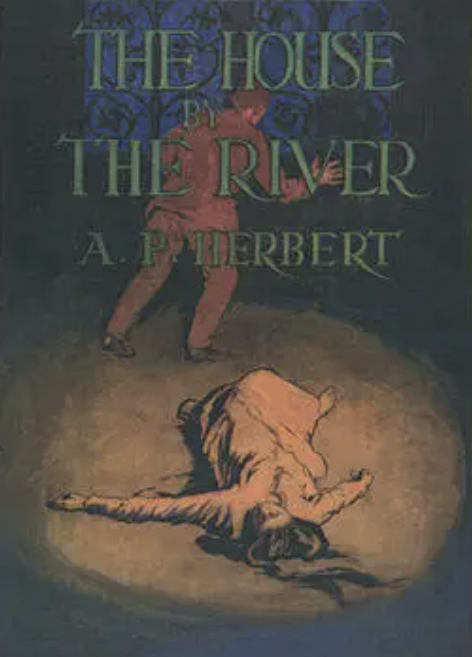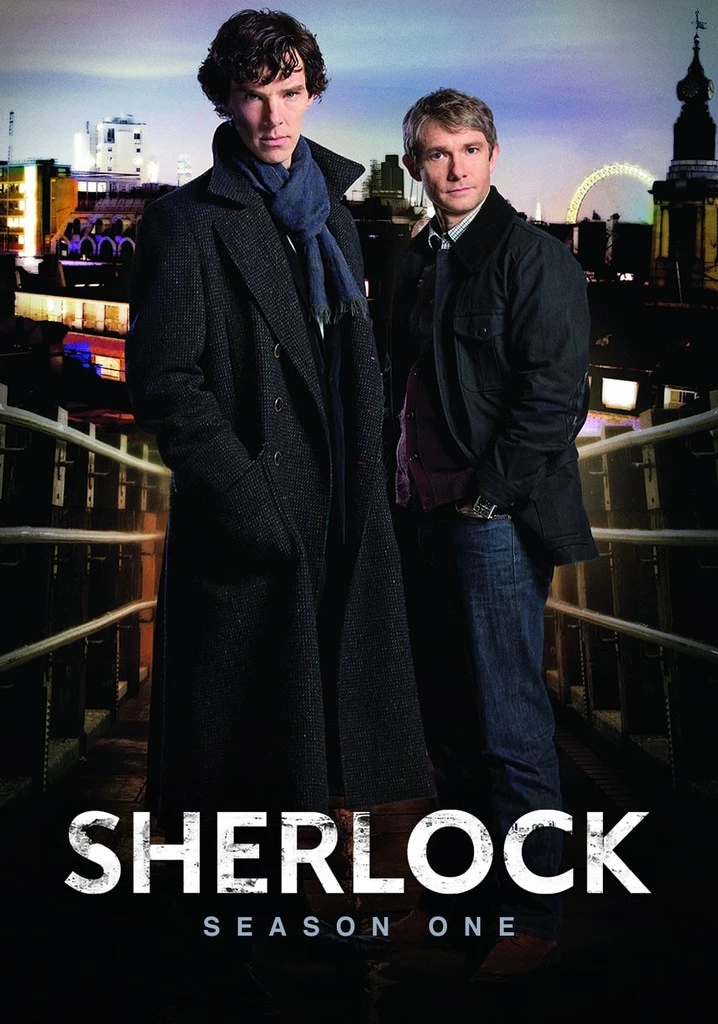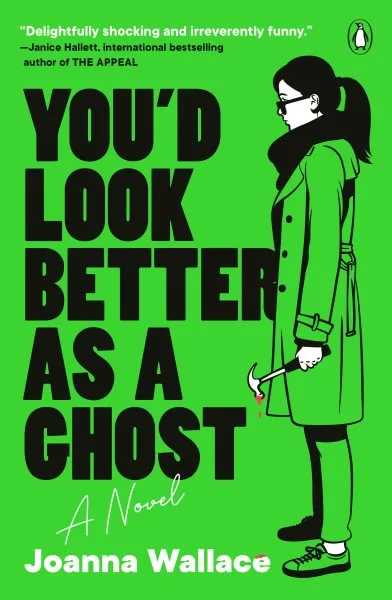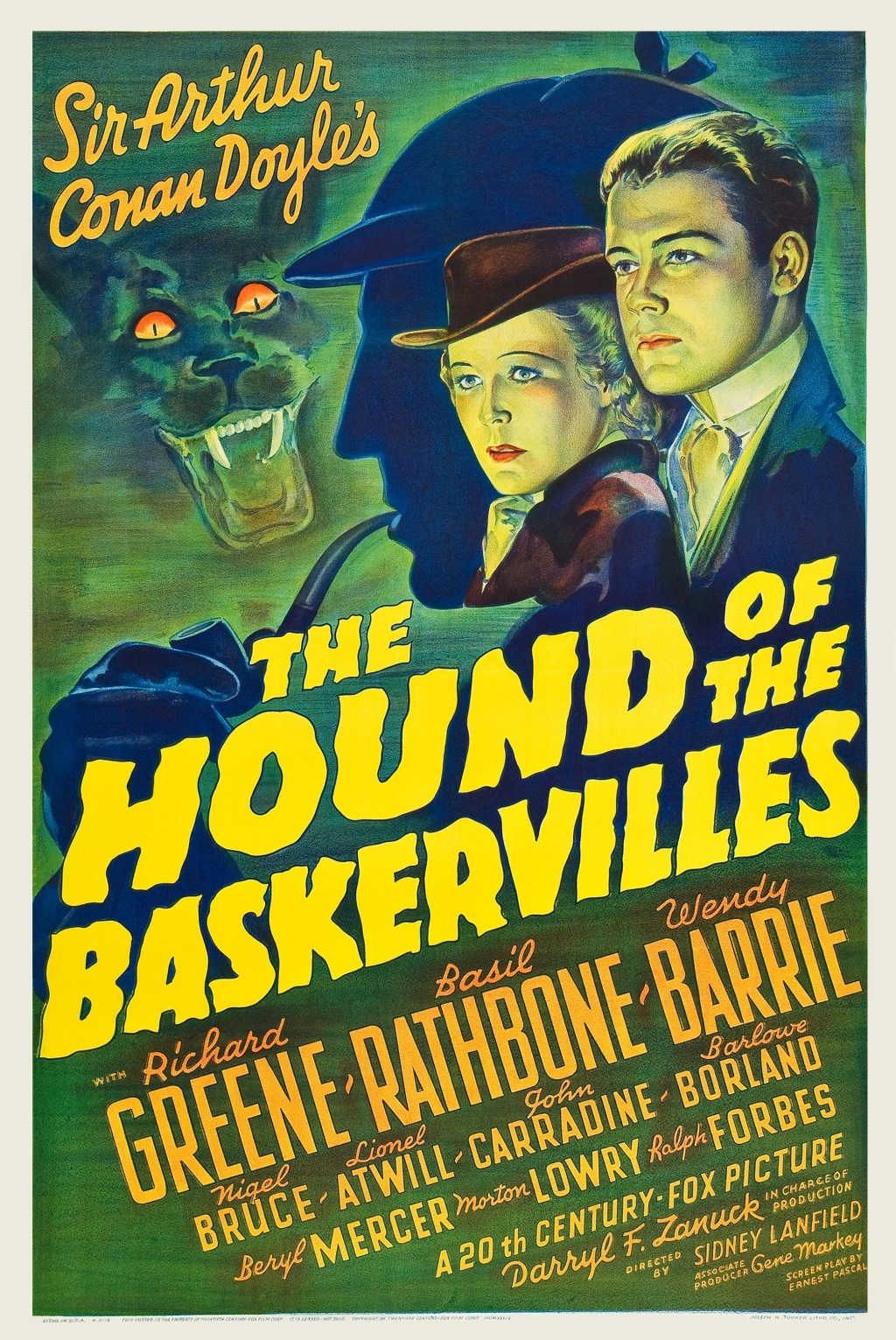
E. R. Punshon
Originally Published 1942
Bobby Owen #17
Preceded by The Dark Garden
Followed by The Conqueror Inn
For all my complaining about my ever-growing pile of books to read, I rarely have more than a few physical books on my nightstand at a time these days. My problems, as they are, lie more in the digital realm.
Really this is Dean Street Press’ fault. Not only are their eBooks typically quite reasonably priced, they also routinely offer a free eBook or three to tempt readers to try a new author. I am not sure how I came to acquire a handful of Punshon novels but they have been sat on my Kindle for a few months and, in a lull between my normal authors, I thought I should just pick one to get things started.
After finishing Diabolic Candelabra and reading a few of the reviews from fellow bloggers I am wondering if I may have picked the wrong Punshon to start with as this seems anything but typical of the author’s work. In spite of not adhering to the traditional puzzle mystery structure, I did find there quite a few things to enjoy here though, like PuzzleDoctor, I found myself a little frustrated at times.
The novel begins with the detective, Bobby Owen, being asked by his wife to use his professional talents to help track down the creator of some rather unusual chocolates. A friend of hers is interested in acquiring the recipe or, failing that, a big batch to sell at her church for a fundraiser.
Bobby agrees to take a trip with his wife to the forest of Wychwood to look for the reclusive chocolatier. They discover her living in a cottage in the depths of the forest with her mother who is an invalid, her roguish stepfather and a younger sister who is left to run free in the forest. They also learn that the chocolatier uses an ingredient prepared by a hermit who lives even deeper in the forest.
When they go in search of the hermit they discover that his hut is empty and there are traces of blood in the earth and signs that it has been searched. Bobby is suspicious that there has been some violence carried out in the hut but the lack of a body raises further questions. Could the hermit’s disappearance be linked in some way with the theft of two El Greco paintings and silver candelabra some decades earlier or is it to do with his herbal remedies and extracts?
This is a sprawling, seemingly unfocused story and that description only covers some of the elements at play in this mystery. While I trusted that these seemingly disparate plot points would be brought together towards the end of the novel, it did strike me that the detective really isn’t actually investigating any solid crime for much of the book and is snooping around on the basis on a hunch that some crime may eventually turn up.
The opening third of the book therefore feels odd to me. In some ways that strangeness is a positive – I liked the way the forest becomes an unsettling and mysterious location for Bobby and I appreciated the subtle parallels to elements of the fairy tale of Hansel and Gretel. On the other, I felt restless as I waited and waited for a body or painting to finally show up.
Normally that would not be an issue for me and so I can only think that I may have read this on the wrong day or in the wrong mood. After all, one of my favorite mystery films is Blow-Up which ends with us still pondering the question whether anything actually happened at the start of the movie or not. Here at least we are served something tangible, even if it comes late in the book.
The other reason I suspect that my griping has more to do with me than the book is that Punshon manages to stitch these seemingly very disparate elements together very well towards the end of the novel and so it becomes clear that the seeming lack of structure early on is an intentional deception on the part of the author. Some of the connections are likely to be obvious to the reader such as a matter of identity while some of the others took a little longer to come into focus. Normally this is exactly the kind of detailed, interwoven plotting that impresses me.
Similarly I will say that I loved Punshon’s characters. This book is stuffed with some really strange, curious people who live on the frontier between civilization and wilderness. As so many others have commented, the little feral girl Loo is a particular delight and I thought the conversations she has with Bobby were the highlights of the novel for me. Though she is running wild, she is still smart and logical – just in an untrained way (Doctor Who fans – think what Leela would have been like as a child) and I appreciated that she is given meaningful things to do rather than just be a comedic or atmospheric element of the story.
On the other hand, I ended the book with very little sense of who Bobby was other than he gets absorbed in the mysteries he is working to solve and can rely on the support of his caring wife. Once again I feel that this is possibly simply a reflection that this book may not be a typical Bobby Owen mystery – other reviewers have noted that this stands out as a change of style and pace – so I may appreciate it more were I to come to it with a better knowledge of the character.
One thing I can be sure of however is that the final solution is drab and far less clever than anything that has come before it. Let’s leave to one side the rather splendid resolution to where a character has disappeared to, the identity of the main villain is all too obvious and so the moment of revelation felt anticlimactic. Nor could I marvel at the detective’s logic or cleverness in proving it as this is one of those stories where the villain really reveals themselves. Such endings only really satisfy me when they are not who I expected which is sadly far from the case here.
Where does that leave me? Honestly, I’m not sure. There’s certainly material and ideas I liked here very much and I will agree with those readers who found the setting effective and inspiring. I enjoyed reading the book and felt parts of it worked tremendously well. My problem was that it felt more of an adventure than a mystery to me and so I was left feeling frustrated for much of the novel and maybe if I read this on another day it may have bothered me less.
Though I didn’t love Diabolic Candelabra the way I hoped, I did find things to admire here and I do plan on reading some others from this series. I may even eventually revisit it to see if I feel differently. Finally I’d encourage anyone curious about this book to read the two very different linked reviews above, particularly TomCat’s, for some alternative perspectives on this.




Leave a comment